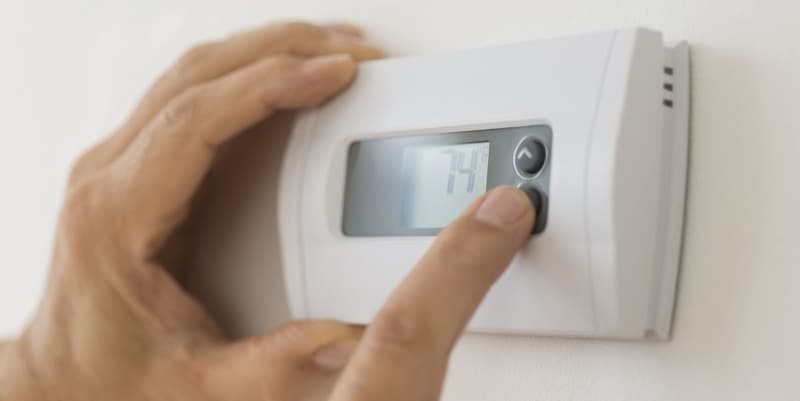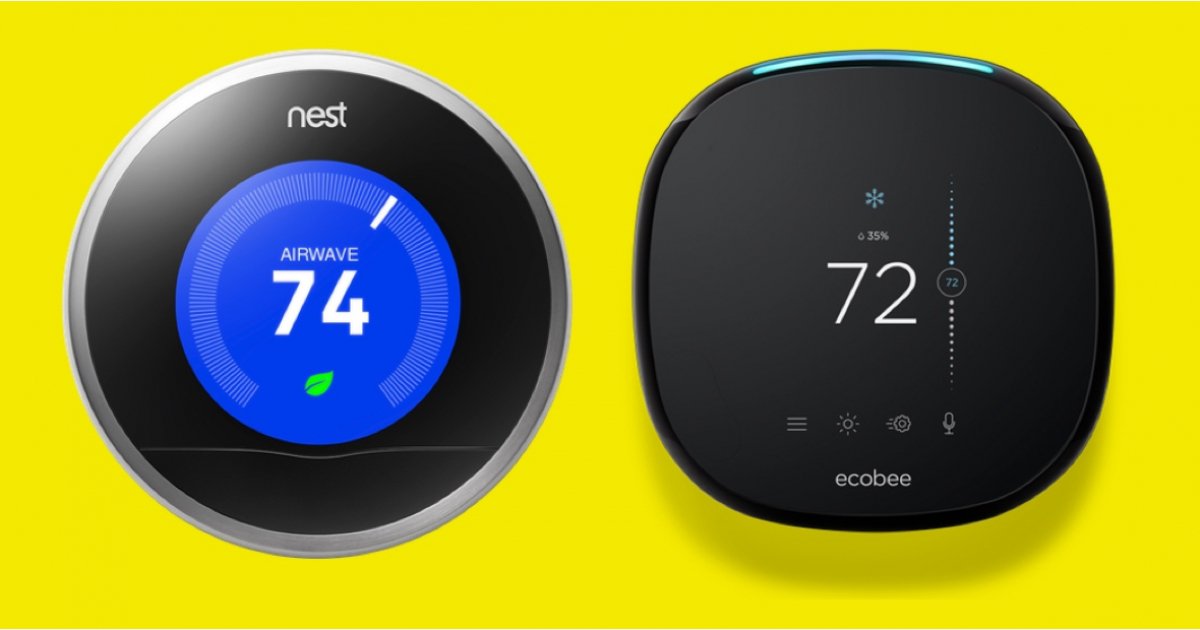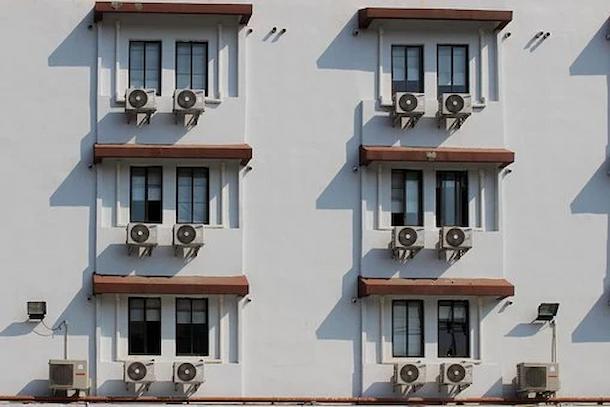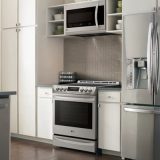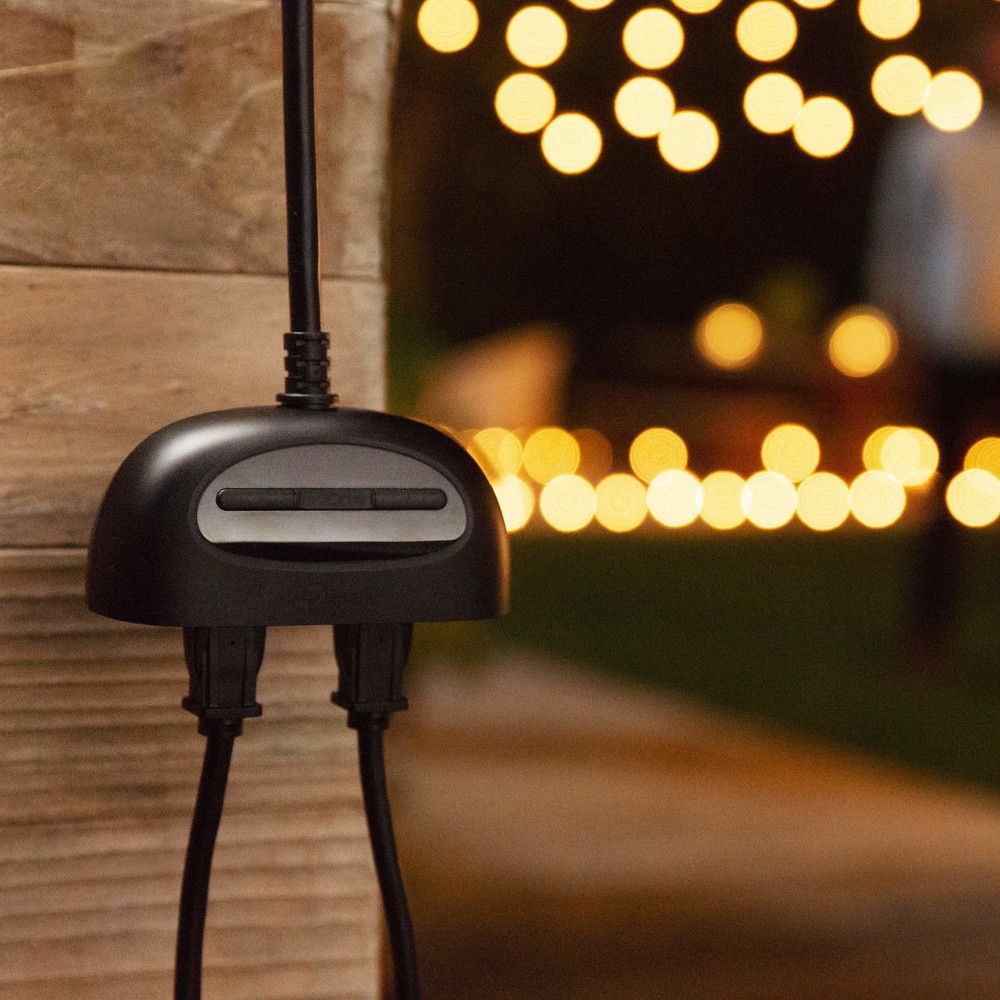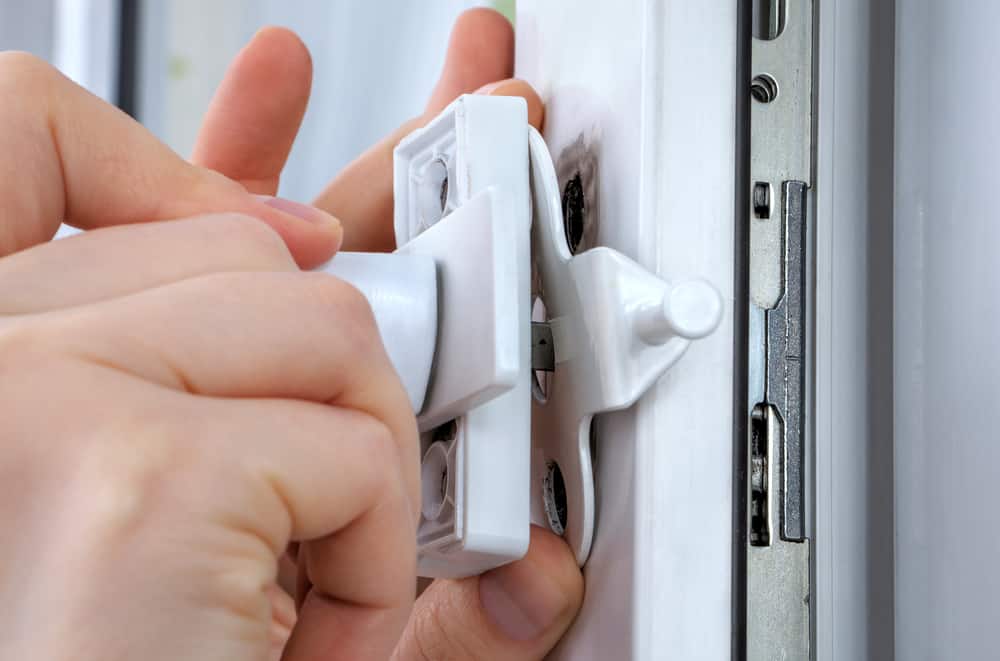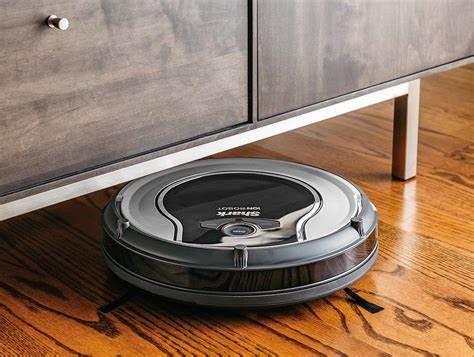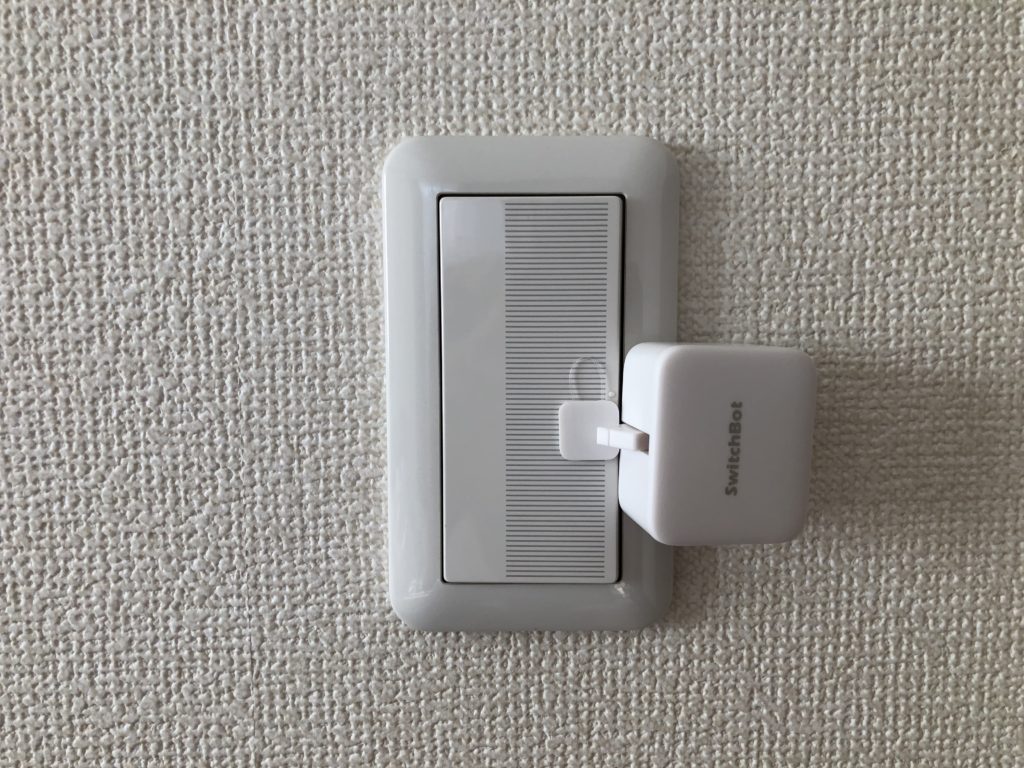How to put out fire both natural gas and propane are widely used as fuels to heat homes and run appliances nationwide. The distinction between propane and natural gas is frequently misunderstood.
Natural gas is not considered a green fuel, whereas propane is more energy-efficient and is. Gas pipelines are used to transport natural gas to homes. Propane is transported in tanks. Finally, natural gas is lighter than propane but heavier than air. Leaks of propane are now more dangerous as a result.
This guide explores all the differences between natural gas and propane.
Table of Contents
What Is Propane?
Liquefied petroleum gas (LPG), also referred to as propane, is a liquid that is odorless, colorless, and non-toxic. Natural gas is processed to create propane, which is a part of natural gas. By distillation, it is taken out of the mixture.
What Is Natural Gas?
An underground fuel that has no color or smell, natural gas is nonrenewable. Methane, butane, and propane are among the gases that make up their composition. But between 70 and 90 percent of natural gas is methane.
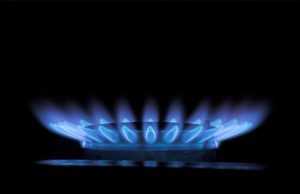
Difference Between Propane And Natural Gas
Natural gas and propane differ primarily in that natural gas is found beneath the surface of the earth and contains a variety of gases. Contrarily, propane is separated from natural gas during processing and then stored as a liquid in cylinders and tanks.
Installation Technology
While many appliances can run on either propane or natural gas, each fuel type needs unique gas utilization accessories. If the equipment did not come with the kit when it was first installed, you will need to order a conversion kit from the equipment manufacturer if you want to switch from propane to natural gas or vice versa. Unfortunately, there is no simple way to switch appliances like heaters, ovens, and water heaters to propane or natural gas. Any appliances you want will need to be converted to propane or natural gas.
Only in specific locations is natural gas a utility that is delivered to your home by underground pipes. Tanks used to store propane must be periodically emptied or filled. A few are portable and small, while others are several feet long. Alternatively, you could bury a larger tank in the ground in your yard. Some of the propane lines may be external since they begin at the service valve outlet on the tank. Your gas meter serves as the beginning of the indoor plumbing for natural gas, and your neighborhood utility typically has additional outdoor plumbing.
A storage tank’s burial is comparable to your home’s connection to a natural gas line. Any grass or other plant that the craft damages can be replaced by a professional. Before installers begin digging, call 811, the federal “Call Before Excavation” number, to make sure there is no damage to underground utility lines or pipes, and to mark it free. Propane tanks can be set up on the ground more quickly and easily, but your landscape might look less attractive as a result. Create a fence to surround the pool, a trellis with flowering vines, or some hedges to improve the appearance of the yard.
The propane tank must be either thrown away or emptied and left in place if you’re switching from propane to natural gas or decide to stop using propane in favor of appliances. A buried tank can be difficult to remove, but once it is, you can sell it to other users.
Efficiency And Cost
Propane costs more than natural gas generally, but it generates twice as much heat per unit of propane as natural gas does. Unlike natural gas, which is measured in cubic feet or cubic meters, propane is measured in gallons or liters. British Thermal Units (BTU) is a unit used by experts to measure heat output from both fuels. One BTU is the amount of power needed to raise one pound of water’s temperature by one degree Fahrenheit.
While propane is less expensive in some locations, natural gas is more cost-effective in others. In many places, both fuels are less expensive and more efficient than electricity. A new natural gas line costs much more to install than a propane tank, but if your neighbors have natural gas, the expense may result in even greater cost savings.
Consider the appliances you already have in your home as well. Any stove that is more than 20 years old should be replaced, whether it is electric, gas, or propane. The same regulations apply to AC installations. By installing a more effective system, you can avoid unexpected, inconvenient failures and lower your utility costs. The most durable heating systems are those that use propane, and maintenance for them is typically less expensive than for heat pumps or electric furnaces.
Chemical Composition
The cleanest fossil fuel is propane, which emits about half as much carbon dioxide and other pollutants as gasoline does. Additionally, neither soil nor water will be harmed. Methane, a greenhouse gas with an impact 84 times greater than carbon dioxide, makes up the majority of natural gas. Thankfully, natural gas burns more cleanly than the majority of other fossil fuels. Therefore, natural gas pollutants usually only reach the atmosphere following a pipeline leak or a drilling accident. Methane naturally breaks down into carbon dioxide after several years of lingering in the atmosphere.
In many areas, methane and propane are more environmentally friendly than electricity due to the prevalence of coal-fired power plants in the United States. While they both contain hydrocarbons, the chemical makeup of the two fuels varies. Propane is C3H8, while methane is CH4. Along with other hydrocarbons like butane, ethane, and pentane, propane is actually a by-product of the processing of natural gas and petroleum.
Storage And Delivery Method
For people who live in remote areas or in communities without natural gas lines, propane is a great option because our technicians can deliver it anywhere we provide service. To fill the tank, however, you’ll need to wait for delivery, and in the event of a snowstorm or other emergency, you might not get the fuel you require. Natural gas is always available because it is piped into your home. Unfortunately, a leak in a pipeline that carries a lot of natural gas can increase utility costs more than a leak in a propane tank with a finite supply.
Because it is under pressure, propane in a tank is a liquid, and when it is released through a valve on the tank, it transforms into a gas. Natural gas can be kept in three different forms: liquefied natural gas, compressed natural gas, and uncompressed gas. CNG is occasionally stored in tanks rather than pipes and is typically compressed before storage or transport.
Safety
Both natural gas and propane are almost colorless and odorless. Manufacturers include a safe chemical known as mercaptan, tert-butyl mercaptan, or tert-butyl mercaptan to aid in leak detection. Thiophene, a similar substance, is also employed occasionally. These substances have an odor similar to rotten eggs or sulfur.
Put out all flames and leave the house as soon as you detect any odors. Call 911 after you leave your house. Never plug in or unplug any electrical equipment, or turn any electronic devices on or off. It’s possible to spark something, and then it might explode. If you smell sulfur or rotten eggs outside, you should leave the area right away and dial 911 because leaks can also happen in underground pipes in your yard.
In order to stop a propane leak, turn the top shut-off valve in a clockwise direction. Due to the fact that propane needs to be extremely cold to remain liquid, the majority of tanks are white to reflect as much heat and light as possible. The safety valve will open to release pressure and stop an explosion if the container becomes too hot. Keep propane away from your skin because it can cause frostbite.
Carbon monoxide, a colorless, odorless gas that can be fatal, can be created if your furnace, stove, water heater, or other system powered by propane or natural gas malfunctions. A carbon monoxide detector should be used to alert you if there is too much of the gas in your home. Smoke detectors and these gadgets are comparable.
When you leave a building or area, you should also keep an eye out for headache, dizziness, or nausea symptoms. A seasoned technician should inspect your equipment while you leave the doors and windows open to let in the fresh air. Consult a doctor to make sure that exposure did not result in long-term harm.
Which One Is Right For You?
Propane
The choice fuel for running appliances more effectively is frequently propane because it offers more BTUs for your money. Additionally, it’s generally better for cooking, especially if you use an outdoor grill, as high-heat grilling is more affordable.
Additionally, propane is considered an “off-grid” heating solution. This indicates that propane is portable and can easily function if other systems in your home fail or you need to move to a different location.
Natural Gas
Natural gas, on the other hand, is a solution that doesn’t need any help. Gas will flow all the way to your home, so you’ll never need to schedule a delivery. Furthermore, because there is no fuel stored in the tank, your costs will never be higher than they would be if you were using natural gas. You pay as you go.
It makes sense to stick with gas if you already have the infrastructure in place.
The choice that best suits your lifestyle and current setup will ultimately prevail. Are you able to use both fuels simultaneously? How much infrastructure will you need to put in place to get both fuels? What will you use the fuel for?
Final Words
Finding the fuel that best meets your needs is now possible because you are aware of the differences between propane and natural gas. Pick the more dependable and energy-efficient fuel by weighing the benefits and drawbacks of each. Generally speaking, propane will increase your ability to save money.

